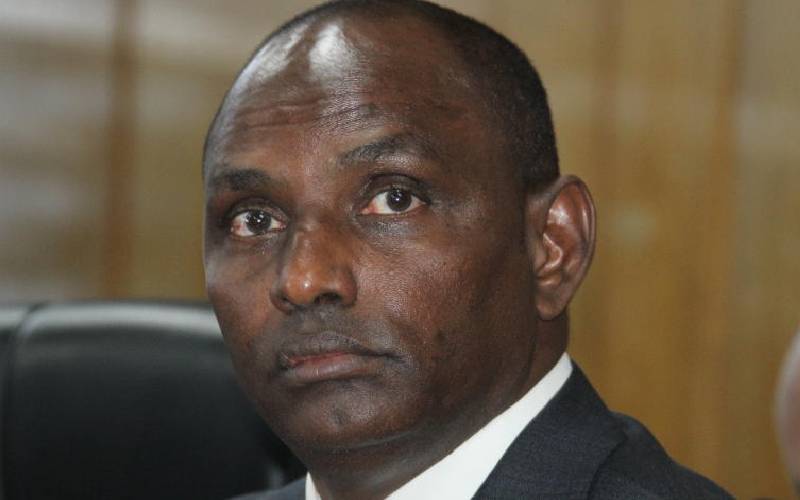×
The Standard e-Paper
Join Thousands Daily
 Treasury Cabinet Secretary Ukur Yatani (pictured) has outlined a Sh2.7 trillion spending plan in the next financial year. For the first time in years, the government plans to spend less in the following financial year than it is in the current one.
Treasury Cabinet Secretary Ukur Yatani (pictured) has outlined a Sh2.7 trillion spending plan in the next financial year. For the first time in years, the government plans to spend less in the following financial year than it is in the current one.
Mr Yatani’s predecessor Henry Rotich presented a Sh2.8 trillion Budget for the July 2019 to June 2020 fiscal year.